Lidio García is the new president of the Senate and the Petro government retains the opposition's vice presidency.

Although a fierce battle for the Senate presidency was expected between Lidio García and Alejandro Carlos Chacón, the latter ultimately withdrew, leaving it a one-to-one election. García will be the Senate president from July 20th until June 20th, the end of the 2022-2026 term. He obtained 97 votes in favor out of 101 possible.
Amid the nominations, several highlighted the role García played as president of the same corporation during the pandemic. He was one of those who implemented virtual sessions. They also emphasized that nominating him was a way to fulfill the agreements from the first legislative year, when they announced that the final year of the presidencies would be for the Liberal Party and its most voted candidate, Lidio García.
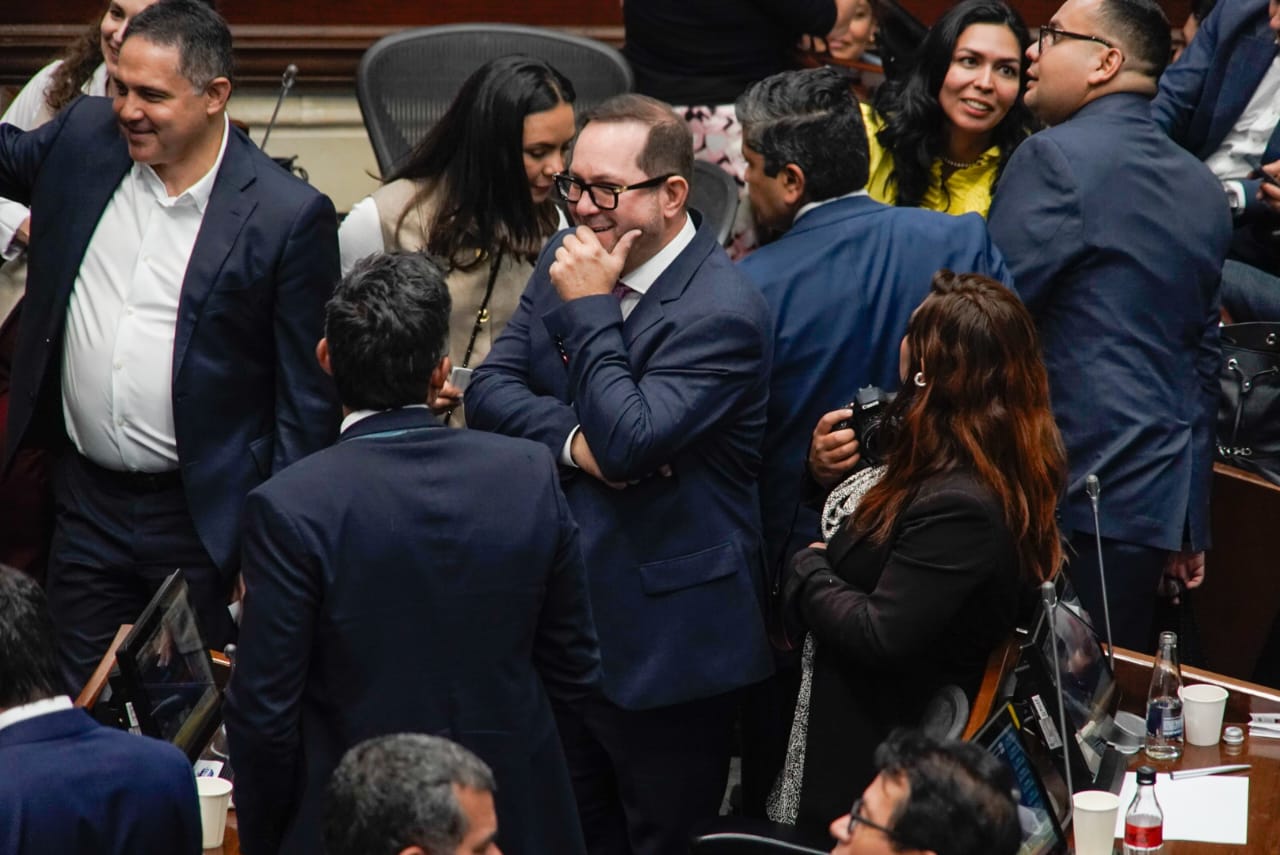
Lidio García was elected president of the Senate on July 20. Photo: Néstor Gómez. EL TIEMPO
García is close to former President César Gaviria, head of the red coalition. For this reason, many see his election as extending the Senate presidencies far removed from the government to three years. However, as Interior Minister Armando Benedetti stated, the Executive Branch does not view him as an adversary and hopes to create a more favorable environment within the corporation than the one they enjoyed with Iván Name and Efraín Cepeda.
In his inaugural address, García acknowledged that there is a great deal of polarization in the country, "which threatens institutionality," and spoke of the tragedy of the attack on Miguel Uribe: "It is a silence that resonates in our souls. I ask, not for a minute of silence, but for a minute of applause for his recovery. " García noted that the country "unfortunately" had several nations, not because of the diversity of the population but because of polarization. In this regard, he questioned Gustavo Petro's administration because many of these differences stem from the head of state.
Lidio García was critical of issues such as "total peace," the Icetex policy, and the "decree": "Given the doubts about legality, it cannot assume functions appropriate to the judicial branch." He then called on President Gustavo Petro, his ministers, and members of all branches of government: "Let us unite through great transformations with a common sense that is the well-being of Colombians ." In this call, he asked for guarantees to be provided for the holding of the upcoming elections.
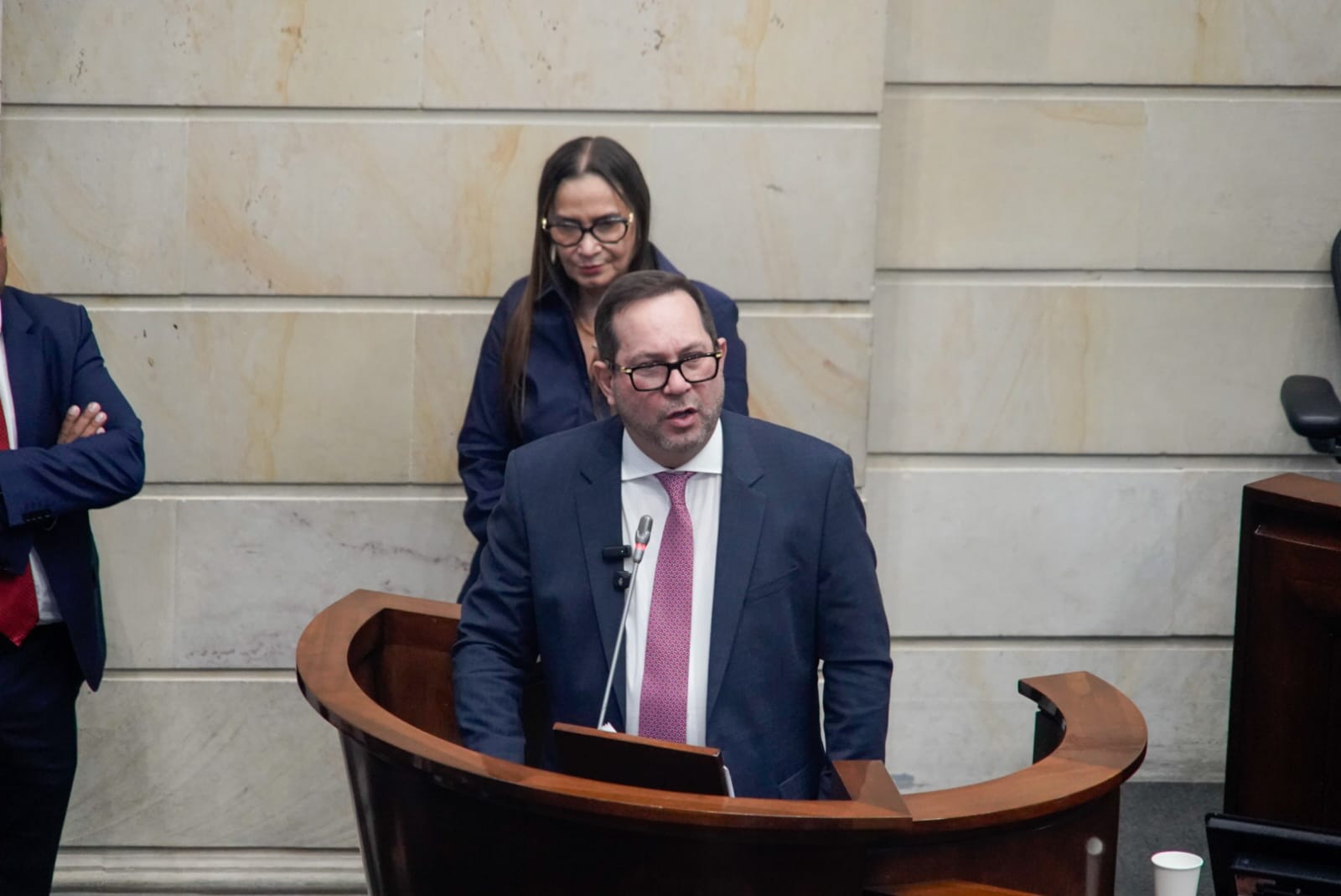
Lidio García, President of Congress. Photo: John Pérez. EL TIEMPO
He spoke of the need for healthcare reform, but warned that it must be done "by building on what has been built." He also called for a new public education policy, which would include better education at the primary levels and opportunities for higher education. Finally, he noted that the rules regarding dual membership must be changed, as the popular will has been ignored for "absurd reasons." "It's the most anti-democratic thing we've ever approved."
The tight vote for the first vice presidency As mentioned above, Lidio García had no opponents, and the government made little effort to find him one. Instead, he moved aggressively to secure the vice presidencies. Although Cambio Radical said it would cede the first vice presidency to MIRA in light of its conduct during the referendum, the truth is that the Executive branch moved to win the other two positions and almost succeeded.
Antonio Correa, of the "La U" Party, was the Petro administration's favorite to occupy the first vice presidency. Correa is close to the government and has supported it on various projects, even championing controversial proposals such as the restructuring of the justice and peace system as a way to subdue the current criminal gangs.
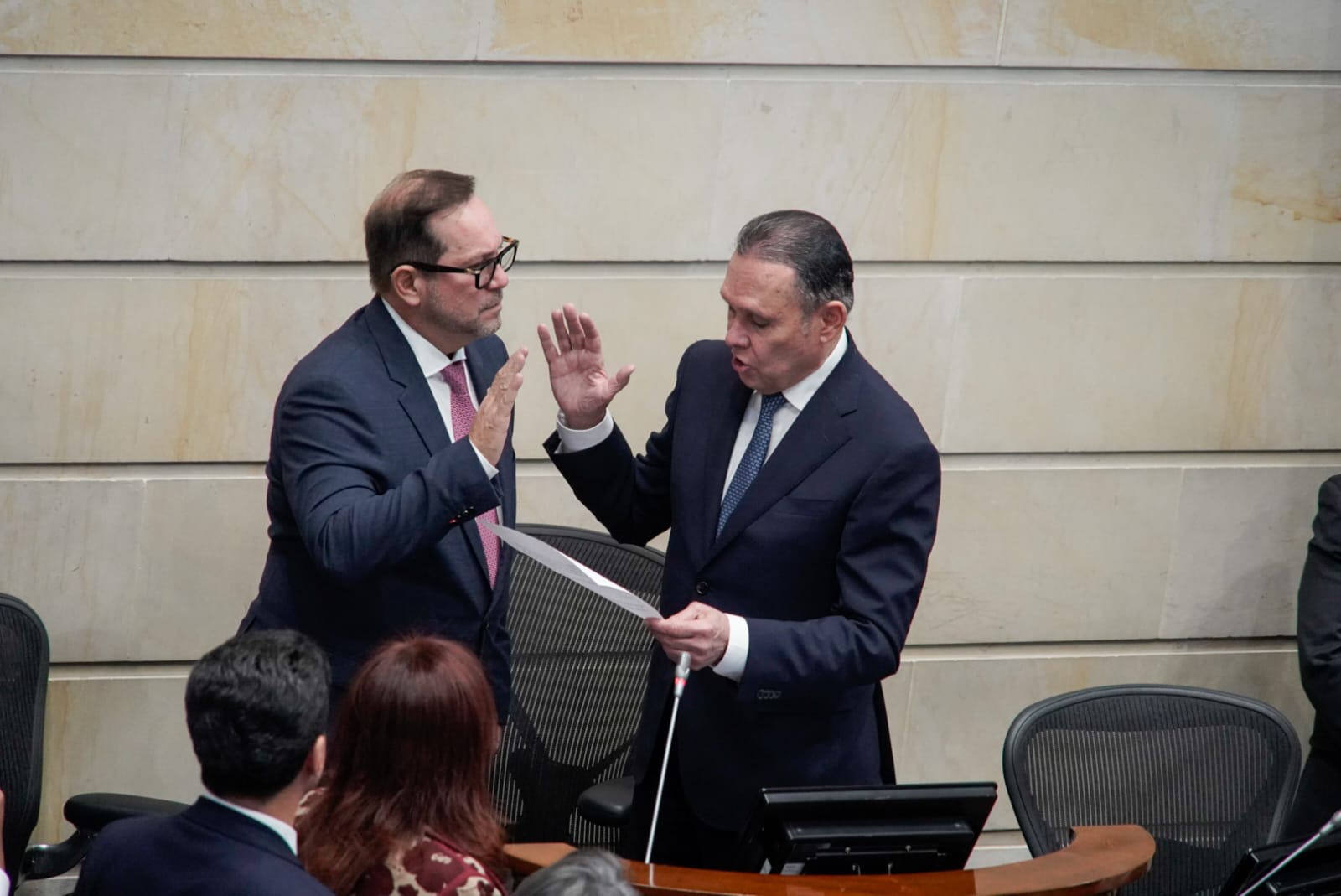
Lidio García was sworn in as president of the Senate. Photo: John Pérez. EL TIEMPO
Correa's nomination was controversial, as the U Party is a majority party, and the Council of State was clear that the first vice presidency is reserved for a minority group. At one point, the Bolivarian senator even declined his nomination in response to this warning. However, since he couldn't find a strong replacement, he announced he was reinstating it.
Despite this move, Correa was defeated by Ana Paola Agudelo of the Mira Party. The vote was 48 in favor of the "La U" party and 50 in favor of the Christian senator. Everything was tied for Correa's vice presidency, but his last-minute hesitation ultimately favored Agudelo. She is not favored by the Petro administration because she was one of those who participated in the collapse of the labor reform in the Seventh Commission.
An opposition vice presidency in the hands of the Petro government The second vice presidency, which belongs to the opposition, went to Ana María Castañeda, a supporter of the Petro administration, of Cambio Radical. She even lost her right to vote, by order of her party, for having been pro-government in the sessions during which the referendum was voted on.
In this case, his party was going to nominate Senator Antonio Zabaraín, but failed to secure enough support, and in the end, his name wasn't even considered. One of the reasons for this is that the senators united to teach the Cambio Radical leadership a lesson about the sanction imposed.
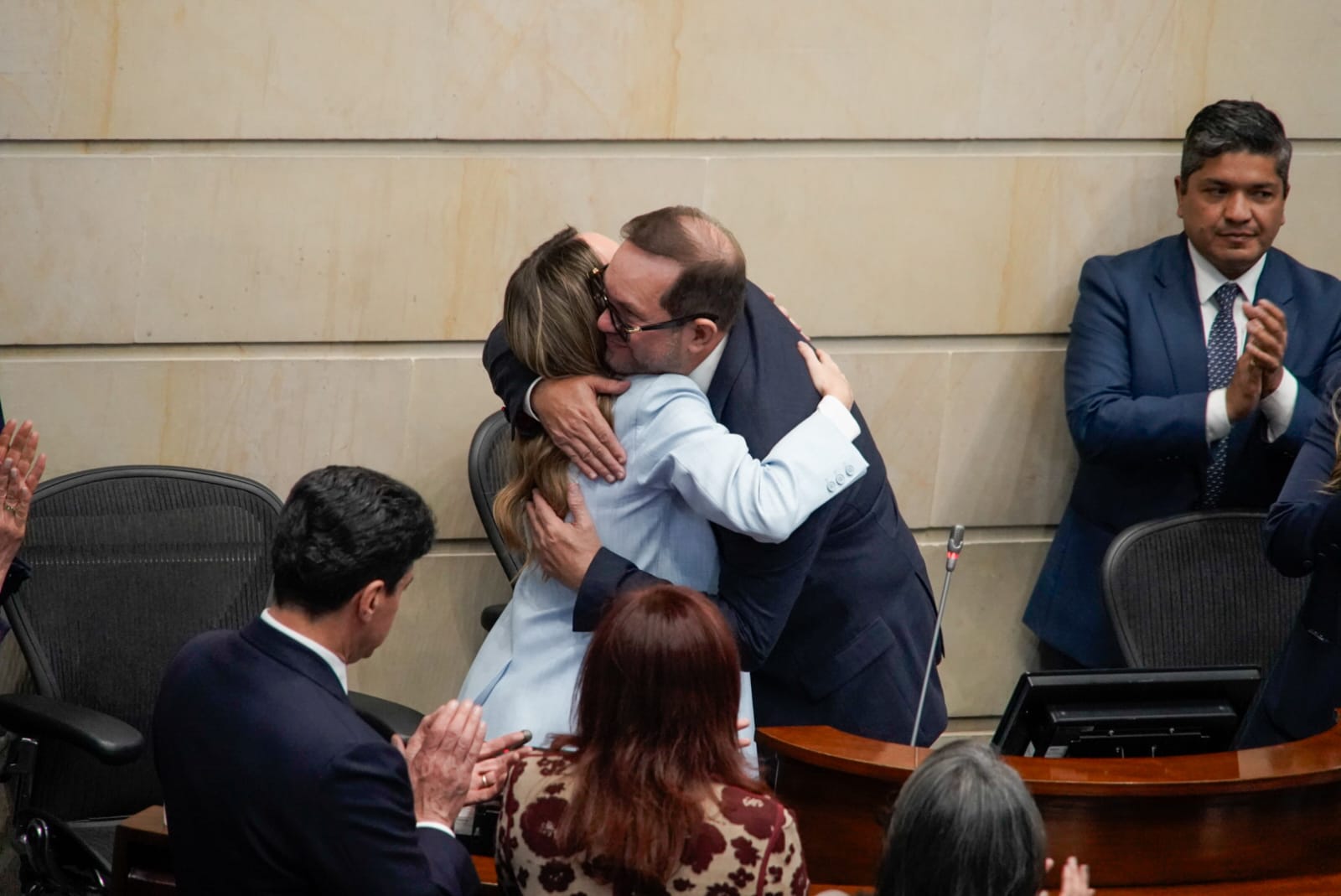
Lidio García and Ana María Castañeda. Photo: Jhon Pérez. EL TIEMPO
They joined together to criticize the decision of the Ethics Committee of that party to deprive Castañeda and Senator Temístocles Ortega of their voting rights for an entire year for not having voted against the requests for a referendum processed by the government. Although they knew they were giving the government the dignity of an opposition, the congressmen's intention to send a message against a sanction they considered disproportionate prevailed.
Juan Sebastian Lombo Delgado
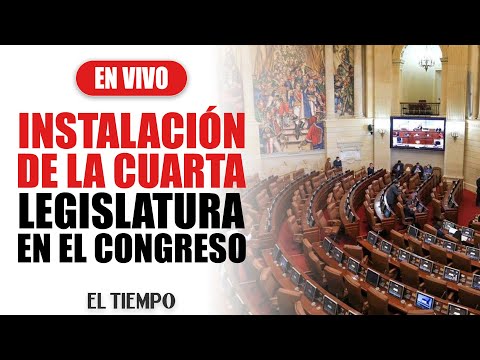
Petro is pushing his key reforms in his final term. Photo:
eltiempo





